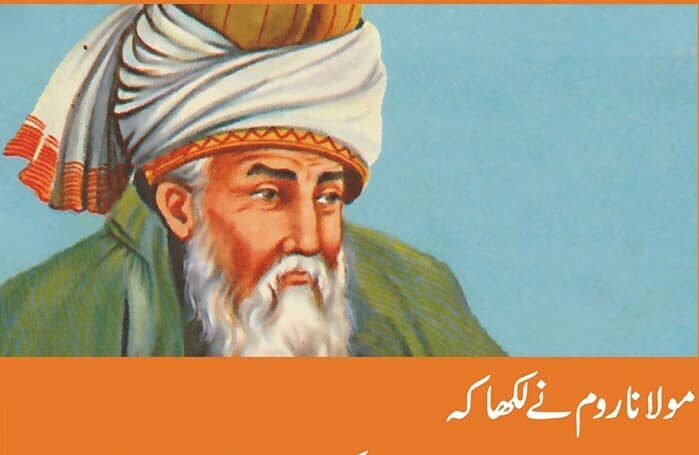According to a recent study, an exciting scientific phenomenon is entering into the inheritance of children’s intelligence from their mothers, leaving fathers disappointed. According to the Mirror report, research shows that the X chromosome is responsible for the transfer of intelligence. Women have two pairs of chromosomes (XX), while men have only one (XY), making it possible for women to pass on twice as much intelligence to their children as the father. Therefore, if mothers want to get involved in the debate, this research can be important. Many studies have tried to support this idea over the years. A study conducted at the Medical Research Council Social and Public Health Sciences Unit in Glasgow found that children’s IQs often resemble those of their mothers.
During the annual interviews between the ages of 14 and 22, the researchers took various factors such as education and economic status. Their results showed that the best predictor of intelligence was the mothers themselves, with a difference of 15 IQ points between them and the young people. However, not all scientists agree on the basic principles of the X chromosome. Other researchers have argued that genetics alone does not determine children’s intelligence. According to Psychology Spot, about 40-60% of intelligence is inherited, while the remaining part is influenced by our environment. Therefore, fathers should not be discouraged, because they can still play an important role in the emotional and intellectual growth of their children by instilling confidence, participating in sports and developing new skills.
The role of genetics in intelligence
Intelligence is a complex trait that is influenced by a combination of genetics and environment. Although both parents contribute to their child’s genetic makeup, recent studies have shown the important role that the mother’s genes play in to discover intelligence. The X chromosome, inherited from the mother, contains genes that have been used in cognitive abilities. Maternal IQ and cognitive development
Research has consistently shown a positive correlation between maternal IQ and children’s intellectual development. Research by renowned psychologists has shown that children of mothers with high IQ scores often exhibit better intellectual abilities. This relationship shows that the genetic material inherited from the mother plays an important role in shaping the intellectual abilities of the child.
اولاد کو ملنے والی ذہانت ماں سے
بچے کو منتقل ہوتی ہے یا باپ سے؟
بچوں کی کامیابی میں والدین کا کردار بہت اہم ہوتا ہے مگر کیا آپ کو معلوم ہے کہ اولاد کو ورثے میں ملنے والی ذہانت ماں کی طرف منتقل
ہوتی ہے یا باپ کی جانب سے؟ تو جان لیں کہ بچوں کی ذہانت کا بڑا حصہ انہیں ماں سے ورثے میں ملتا ہے۔
یہ دعوی ایک تحقیق میں سامنے آیا جس کے مطابق بچوں کو اپنی ذہانت کے لیے ماں کا شکر گزار ہونا چاہیے۔ ویسے تو عام خیال یہ ہے کہ موروثی طور پر باپ اور ماں دونوں سے
بچوں کو ورثے میں ذہانت منتقل
Environmental factors and maternal effects
Although genetics play an important role, it is important to understand that the environment also has a significant impact on a child’s intellectual development. The influence of the mother goes beyond genetic inheritance to the environment in which the child is raised and the upbringing provided by the mother. A stimulating and supportive environment, with educational resources, can promote a child’s intellectual development.
Parental interaction and brain stimulation
The relationship between parents, especially during the formative years, plays a major role in shaping a child’s intellectual abilities. Mothers, being the primary caregivers, have a great influence on the intellectual development of their children through their relationships, conversations, and involvement in stimulating activities. Research shows that frequent interactions with a mother promote brain development and improve a child’s learning ability.
Educational support and maternal involvement
Mothers who actively participate in their children’s education contribute greatly to their intellectual development. Participating in school activities, helping with homework and loving learning all contribute to a child’s intellectual development. Mother’s involvement creates a supportive environment that encourages children to explore their intellectual interests, which affects their overall academic performance. The power of nutritional influence
Apart from genetic and environmental factors, the diet of the mother during pregnancy also plays an important role in the intellectual development of the child. Good nutrition, including essential vitamins, minerals and omega-3 fatty acids, supports optimal brain development. Expectant mothers are advised to follow a proper diet, ensuring that their baby receives the necessary nutrients for proper functioning.
Finally, the influence of maternal intelligence on children’s intellectual development is a multifaceted topic that includes both genetics and the environment. Although genetics contributes significantly, the environment in which the child is raised, the relationship between parents, and the educational support provided by mothers also play an important role in shaping abilities. the intelligence of a child. Understanding these processes helps us to understand the complexity of human intelligence and shows the importance of maternal influence in promoting intellectual growth.



